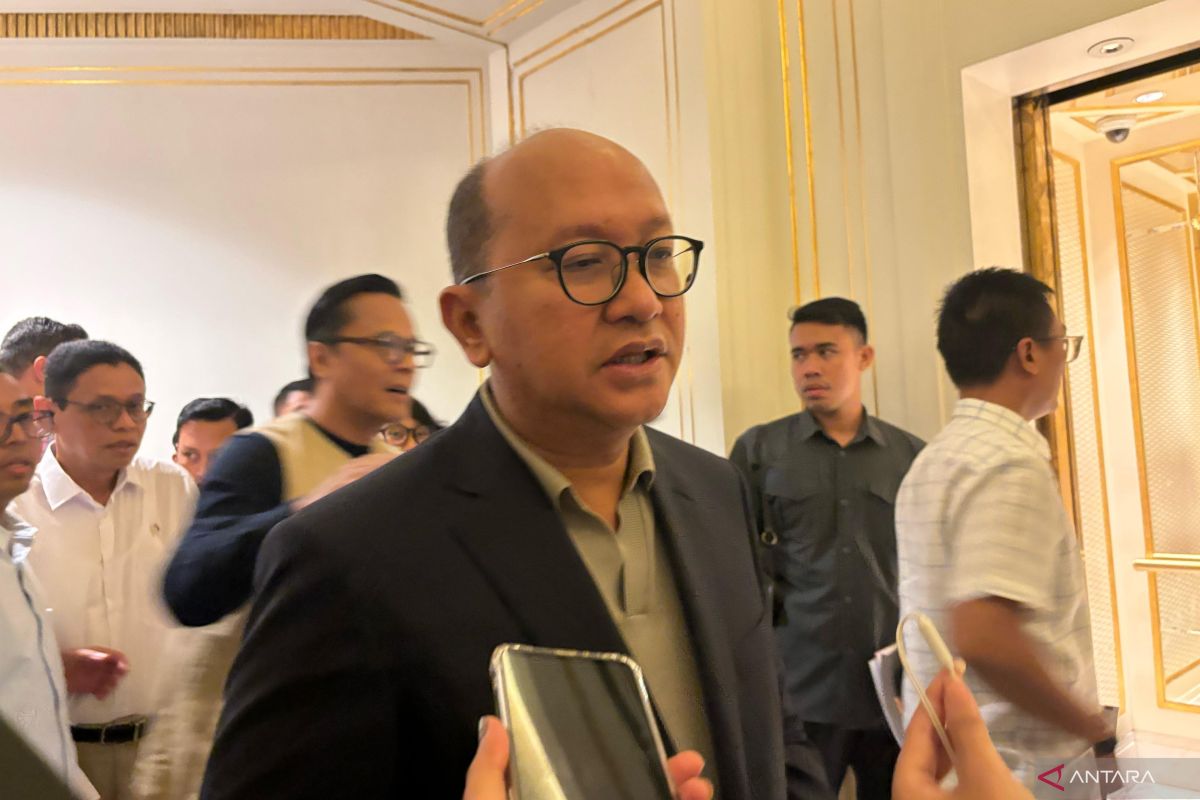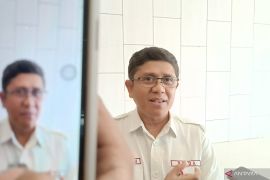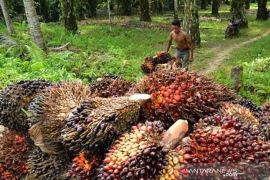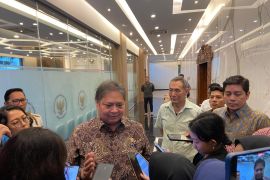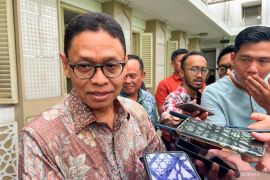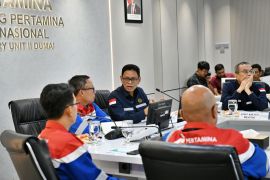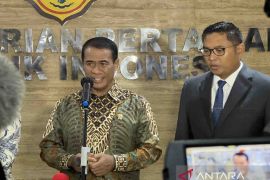"We are coordinating with the marine and fisheries minister (Sakti Wahyu Trenggono) for the process. We have the preliminary plan to determine potentials we should prioritise from it," Roeslani stated here on Sunday.
Roeslani said he has received a report from an organisation that conducted preliminary research on seaweed-based biofuel. The report will be discussed with the marine and fisheries ministry.
Baca juga: Govt preparing incentives for biodiesel commercialization
Indonesia has much potential to develop more by-products from the seaweed commodity since the nation's seaweed industry is capable of fulfilling demands for seaweed downstreaming, the minister said.
"We are the second-largest seaweed producer and the largest tropical seaweed producer globally," he emphasised.
Developing seaweed for biofuel will also help Indonesia optimise potentials from the seaweed commodity since only 0.8 per cent -- equal to 102,254 hectares -- of the 12 million hectares of potential area for seaweed cultivation nationwide are utilised.
Baca juga: Kementerian ESDM siapkan rancangan konsep biodiesel
Indonesia's major seaweed producers are scattered in several regions, such as Bali, East Nusa Tenggara, and the Eastern Indonesia region, Roeslani noted. However, in line with efforts to enhance seaweed production and downstreaming, he also recognised the need to strengthen seaweed producers since most are not established as a corporation.
According to the Marine and Fisheries Ministry data, Indonesia produced 9.23 million tons of cultivated seaweed in 2022. Seaweed produced in Indonesia was dominated by the Cottonii variant used as carrageenan material, followed by Sargassum, Gracilaria, Haliminea, and Gelidium amanzii variants.
Pewarta : Sinta Ambarwati, Nabil Ihsan
Editor:
I Komang Suparta
COPYRIGHT © ANTARA 2026
